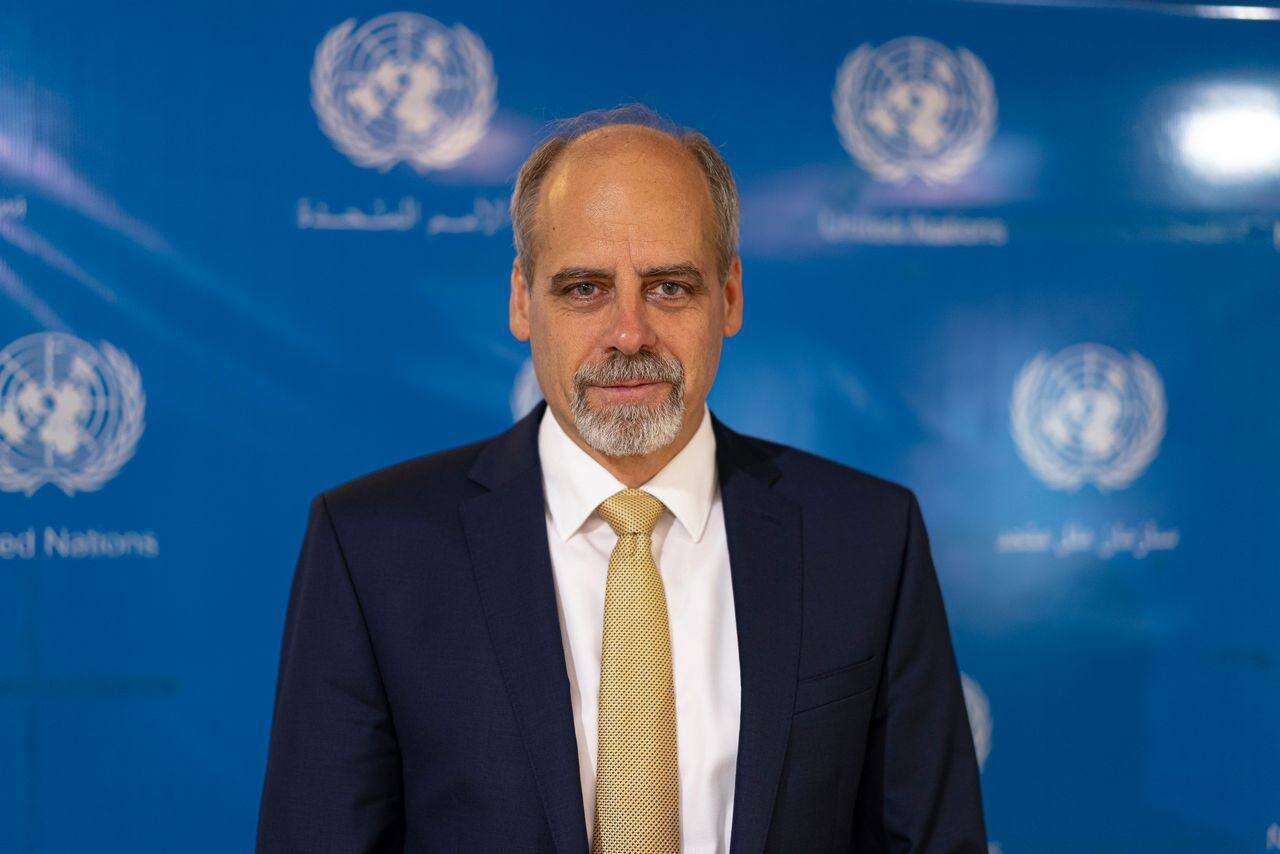The ‘Summit of the Future’ and the promise of a renewed multilateral system

Amidst turbulences and conflicts today we commemorate International Day of Multilateralism and Diplomacy for Peace. This day reminds us of a fundamental truth: no country can solve today’s challenges alone. Instead, we must work together on common solutions to the magnitude of challenges our societies face.
As UN Secretary-General Mr Antonio Guterres said recently, ““Our world is facing existential challenges, but the global community is more fragmented and divided than at any time during the past 75 years”. This is an alarming reality, shaped by years of devastating man-made disasters and natural calamities that humanity faces today. Conflict, war, mistrust and division are causing immense suffering and pain – from Gaza to Ukraine and Sudan to many other corners of the world.
Many nations can still feel the negative impact of the COVID-19 pandemic, compounded by a cost-of-living crisis, and food and energy vulnerabilities. The triple planetary crisis of climate change, biodiversity loss and pollution pose an existential threat to the very existence of current and future generations. We are facing a global epidemic of mis- and dis-information, fake news, which in turn is undermining trust in global institutions and adding to instability.
Our global institutions were designed for a bygone era, almost 80 years ago at the end of the 2nd World War, no longer fully reflecting today’s political and economic realities.
Humanity is facing a massive storm on a multitude of fronts, and we must shift the trajectory; rebuilding trust and coming together around common solutions.
For this vision to materialize, and in response to requests from UN Member States, the UN Secretary- General, has proposed a Summit of the Future to be held in September 2024 in New York.
This event is a once-in-a-generation opportunity to reform and reinvigorate the global multilateral system and place us on the right path towards a genuinely sustainable and equitable future for all. The primary outcome of the Summit will be an inter-governmentally agreed and action-oriented ‘Pact for the Future’. The pact will have five chapters: 1) sustainable development and financing for development, 2) international peace and security, 3) science, technology and innovation, 4) youth and future generations, 5) transforming global governance. Human rights and the empowerment of women will be cross-cutting across all the topics.
Intergovernmental negotiations on the Pact are currently underway, and the UN as well as member states are committed to raising ambition and momentum for the Summit to ensure the changes our multilateral system needs.
To support Member States in their preparations for the Summit, the Secretary-General provided his proposals in a series of policy briefs, deepening ideas initially laid out in the Our Common Agenda report.
An ambitious pact will indeed lead to action towards a fair and just global financial system, a commitment to a safe, peaceful and sustainable planet, technology that is at the service of humanity, and a commitment to safeguard the interests of future generations, among others. Nations must go beyond general aspirations, and come together to make urgently needed decisions for the betterment of our world.
Iran, as a founding member of the United Nations, can have important contributions on a range of topics and issues, bringing together countries and mobilizing political support for the urgent needs of our people and planet. Over the coming months, the UN in Iran will organise a series of activities to raise awareness about the Summit.
As the Secretary-General noted, “We are at an inflection point in history… The choices we make, or fail to make, today could result in further breakdown, or a breakthrough to a greener, better, safer future.”
Leave a Comment